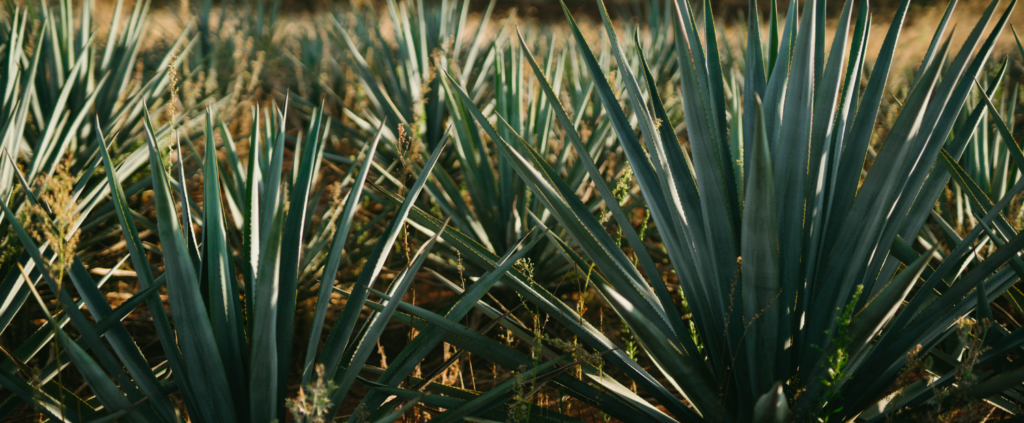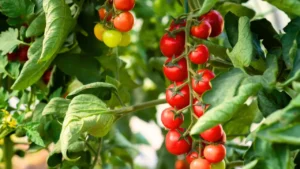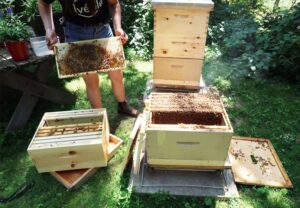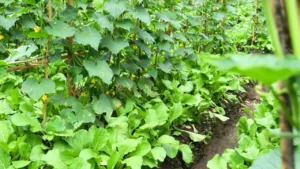
Agave Plants California.png
Agave plants thrive in the arid fields of Mexico. Here in California, though, they’ve traditionally been used in decorative landscaping.
All of that may be about to change. As California continues to experience extreme heat and long periods of drought, growers have begun searching for different crops that can withstand the harsh, hot realities of climate change. Agave — a rugged and resilient plant that’s built for dry conditions — could be the answer. In a state where every drop of water counts, it’s becoming increasingly challenging to grow mainstay crops like almonds (which require 48 inches of water per acre, every year) and tomatoes (78 inches of water per acre). Agave plants, on the other hand, only need three inches of water annually. That math looks quite promising for local growers looking to adapt to an increasingly dry climate.
Is agave the miracle crop that Californians are searching for, though? Only time will tell. After all, it can take a long time — anywhere between six and nine years — before an agave plant is ready to be harvested, and it has yet to be seen if California-grown agave spirits — the American equivalent of tequila and mezcal — can enjoy the same popularity as California’s wine industry. Professors at universities like UC Davis are even looking into agave’s commercial usage, including its potential as a biofuel source, although research is ongoing, and conclusions have yet to be drawn. That hasn’t stopped local growers from climbing aboard the agave train, though. Since 2023, there’s been a 400% increase in the number of California acres dedicated to the crop, and state lawmakers recently passed a bill calling for the establishment of an Agave Commission. If those trends continue, the next decade could find agave becoming a wildly popular crop in the Golden State.
If you’re looking to add agave plants to your growing operation, you need an agricultural expert on your side. Visit our supply centers for all your planting needs!
Related
Source link
2024-10-07 05:00:20
Karl Hoffman is a distinguished agriculturalist with over four decades of experience in sustainable farming practices. He holds a Ph.D. in Agronomy from Cornell University and has made significant contributions as a professor at Iowa State University. Hoffman’s groundbreaking research on integrated pest management and soil health has revolutionized modern agriculture. As a respected farm journalist, his column “Field Notes with Karl Hoffman” and his blog “The Modern Farmer” provide insightful, practical advice to a global audience. Hoffman’s work with the USDA and the United Nations FAO has enhanced food security worldwide. His awards include the USDA’s Distinguished Service Award and the World Food Prize, reflecting his profound impact on agriculture and sustainability.





